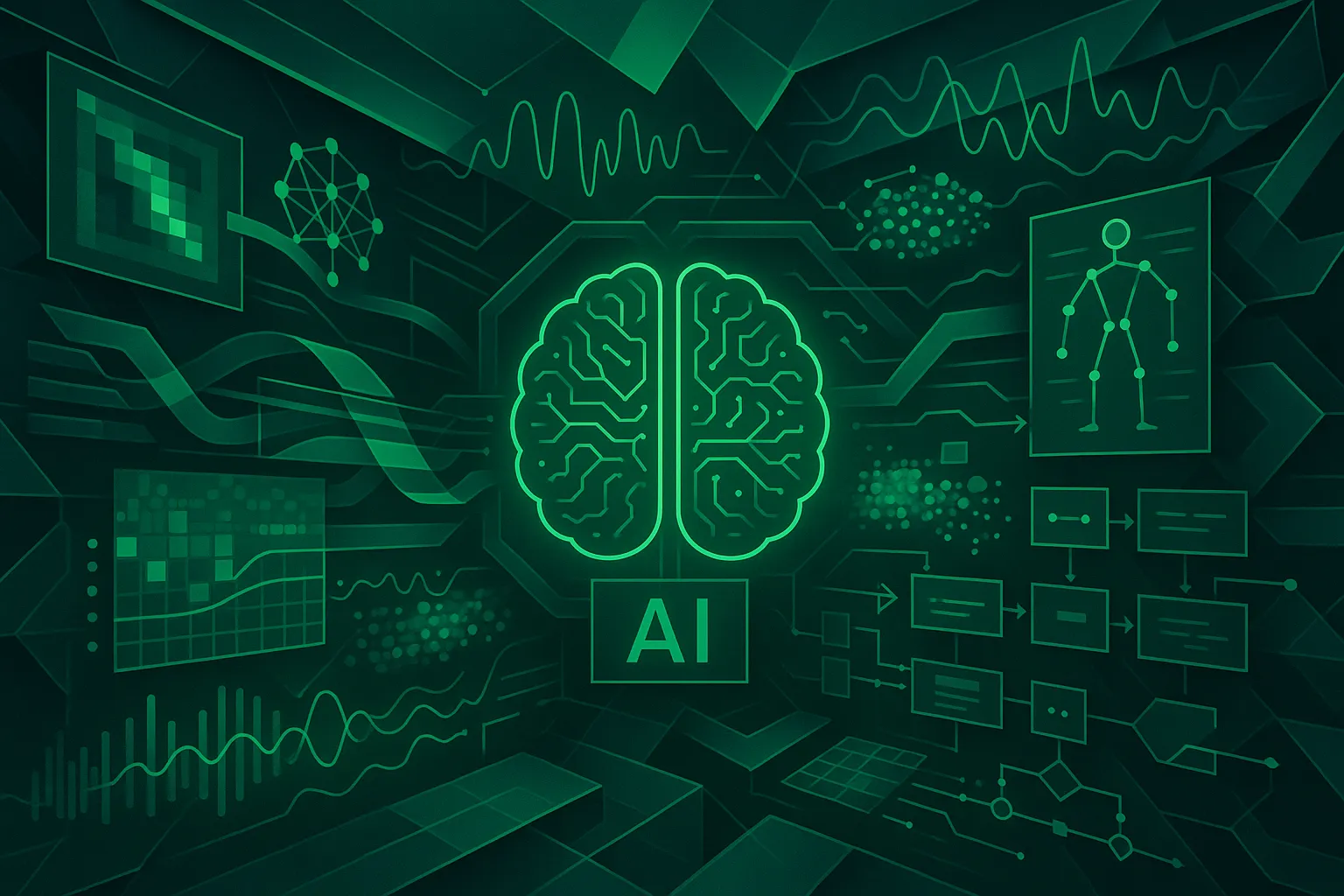
2025-05-23T04:00:00+00:00
The digital revolution significantly impacts our everyday lives, and healthcare is experiencing notable transformations. AI chatbots have emerged as indispensable tools, enhancing patient support and streamlining operations. This article delves into how these technologies are reshaping the field, the hurdles they face, and their promising future in healthcare systems.
AI chatbots are progressively being employed in healthcare environments to provide accessible and immediate patient support. For instance, chatbots like "Florence" assist with medication reminders and "Woebot" offers mental health support. These chatbots function as initial points of contact for patient queries, assisting in various tasks, from booking appointments to delivering health tips, thereby improving patient care automation and response efficiency.
A recent study, published on February 13, 2025, underscores the advantages of AI-powered hybrid chatbots, noting a 25% reduction in hospital readmissions, a 30% increase in patient engagement, and a 15% decrease in consultation wait times.
The full potential of AI chatbots in healthcare is tempered by challenges, primarily concerning trust and data security. Many patients remain cautious about the confidentiality of their health data managed by AI systems. Additionally, integrating these chatbots into established healthcare systems involves intricate technical adjustments.
A study on May 5, 2025, highlighted inconsistent advice quality given by AI, underscoring the need for enhancing AI abilities. The complexity of human interactions also necessitates more advanced evaluation methods to improve user-centered design.
However, studies highlight substantial benefits. Dartmouth’s clinical trial of its AI therapy chatbot, "Therabot," published on March 27, 2025, showed a 51% reduction in depression symptoms and a 31% reduction in anxiety symptoms. Research from Stanford Medicine (February 7, 2025) showcases AI chatbots' role in assisting physicians, enhancing diagnostic accuracy and treatment decisions. These findings affirm AI chatbots as supports, not substitutes, for healthcare professionals.
Looking ahead, the potential for AI chatbots in healthcare is vast. A market growth from $196 million in 2022 to $1.2 billion by 2032 suggests considerable investments aimed at refining these technologies.
Future research will focus on personalizing interactions, improving cross-cultural adaptability, addressing ethical issues, and strengthening technical frameworks. By addressing these areas, healthcare systems can maximize AI chatbots' potential to revolutionize patient care.
Consider how AI chatbots could transform your healthcare experience or what future innovations excite you. We invite you to share your thoughts and ideas on how these powerful tools could further advance healthcare. Let’s explore together how we can harness AI to create a healthier, more efficient future.